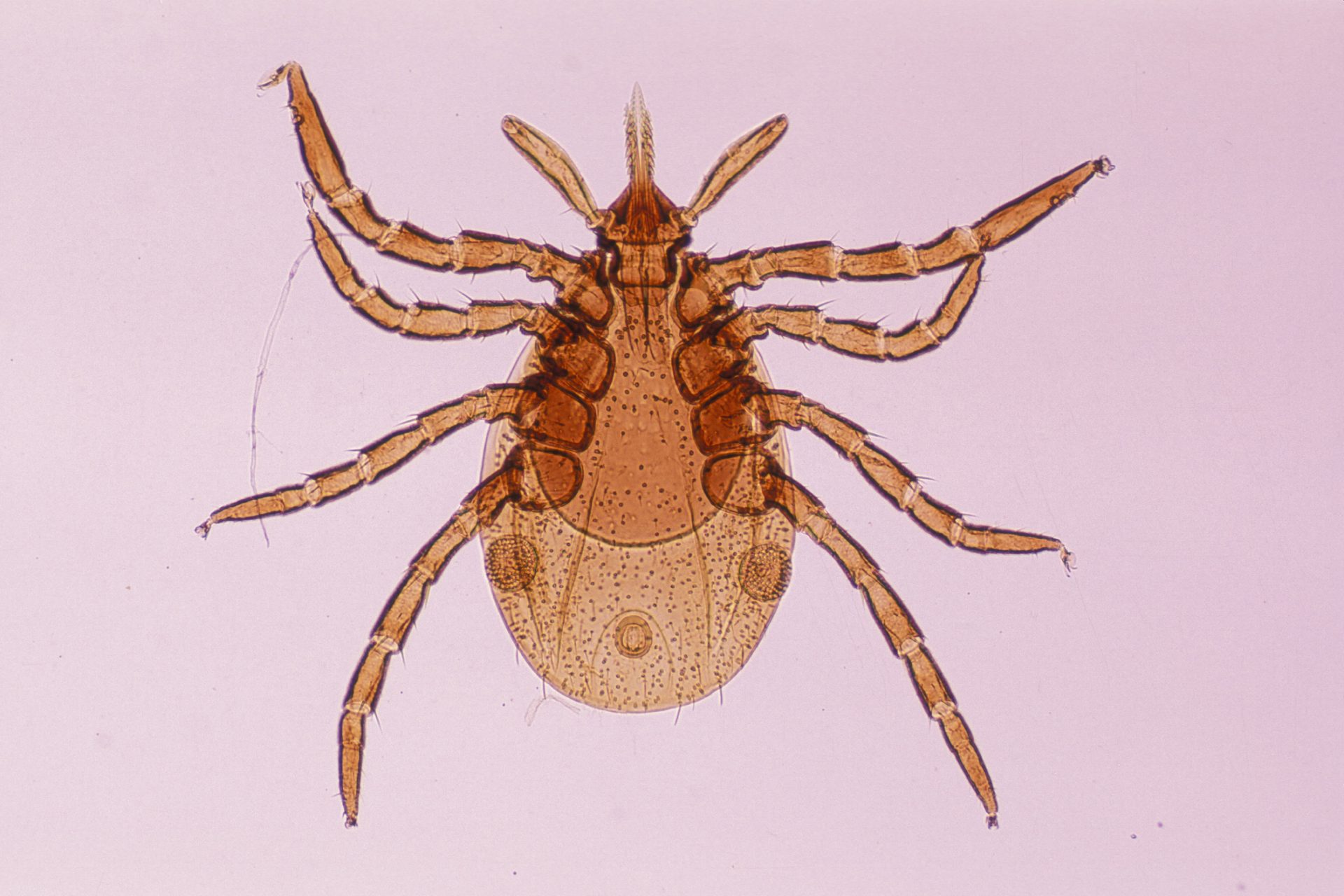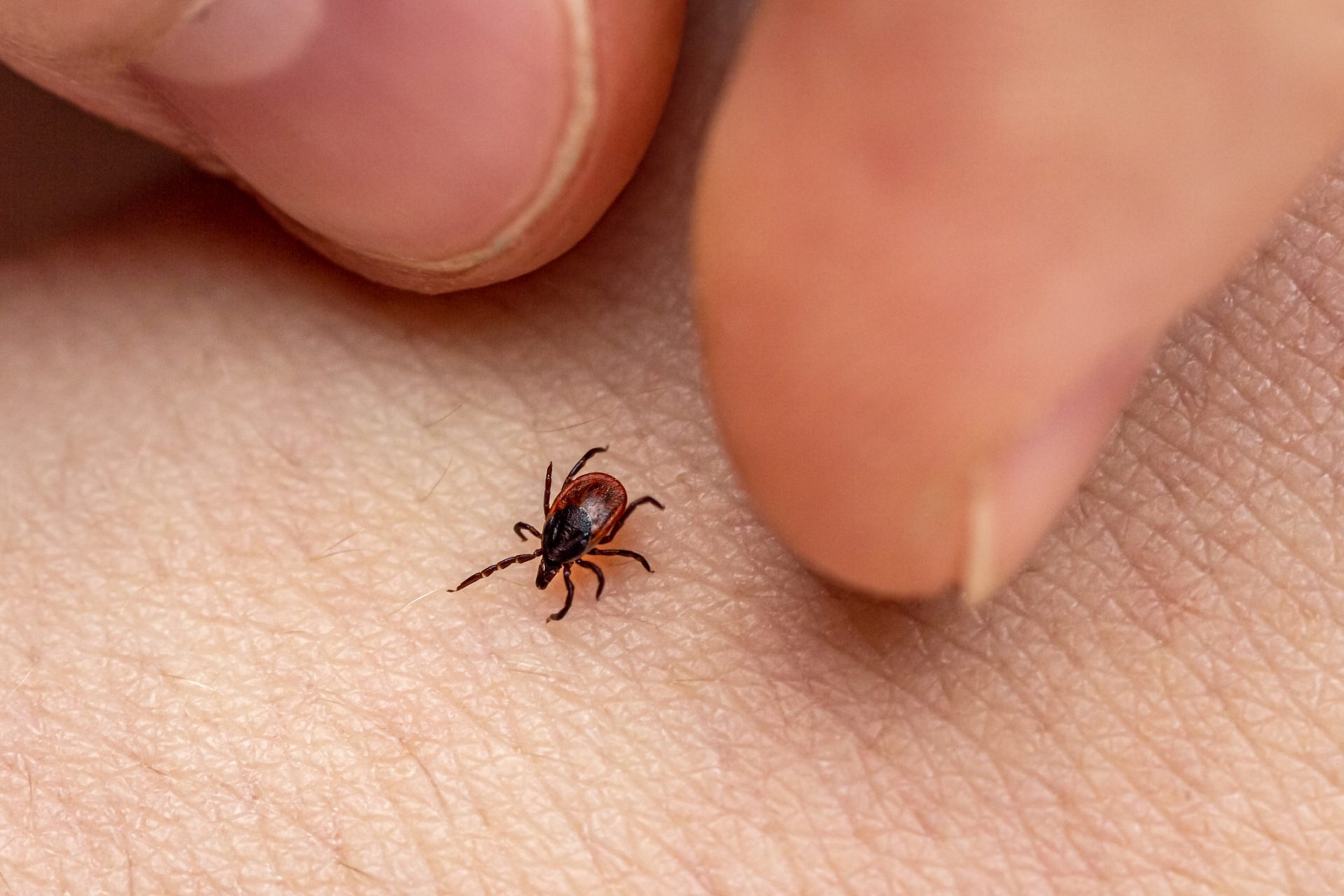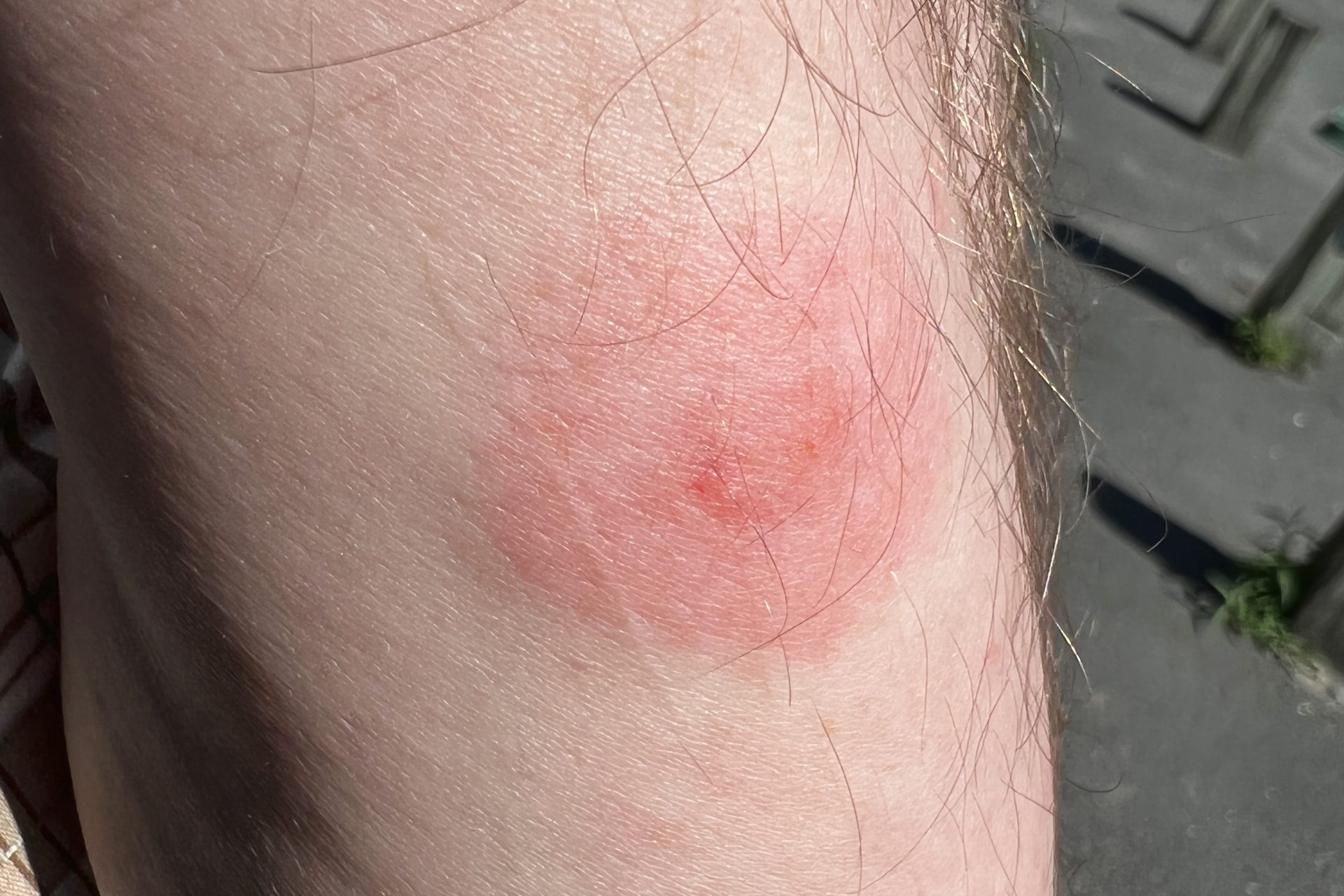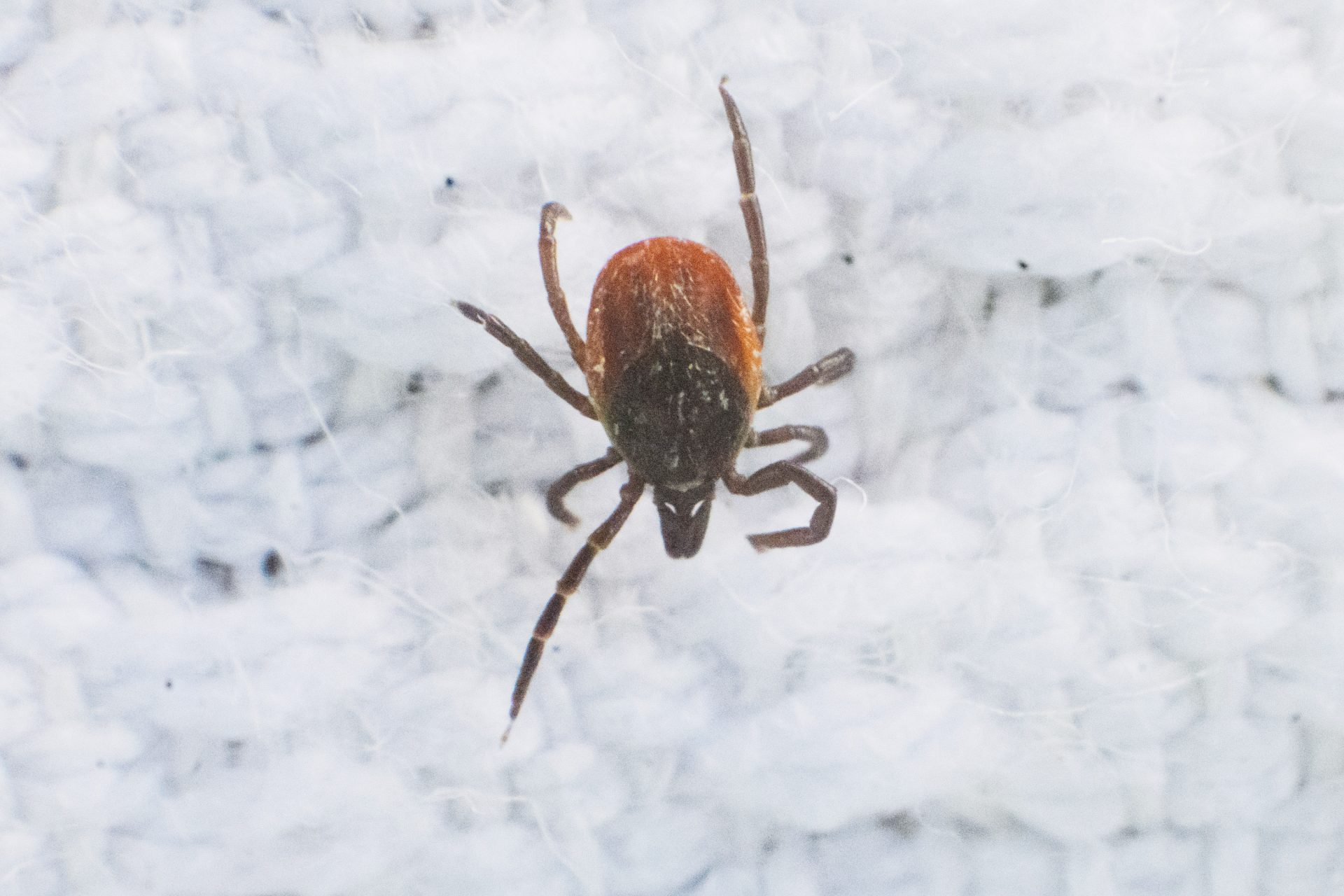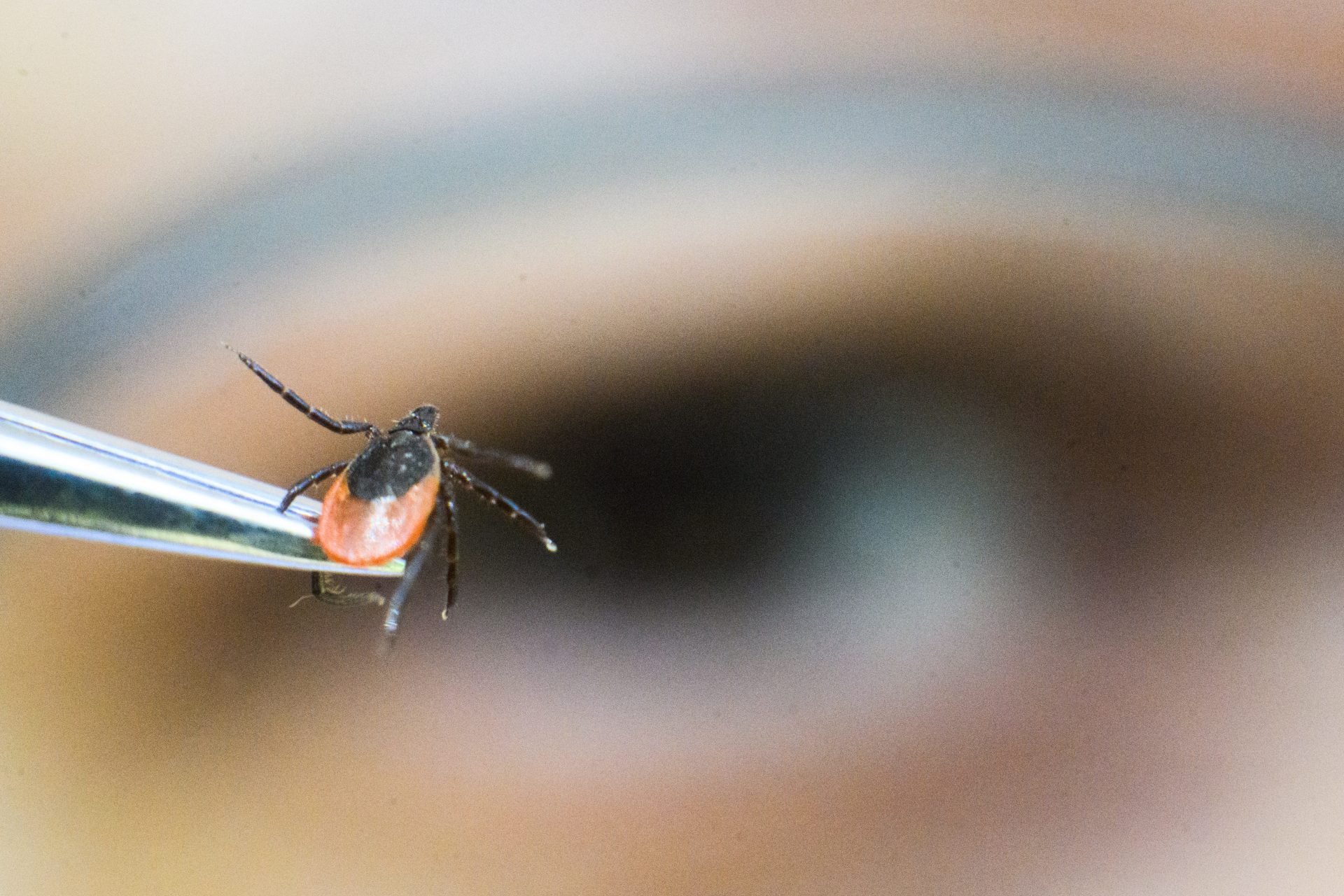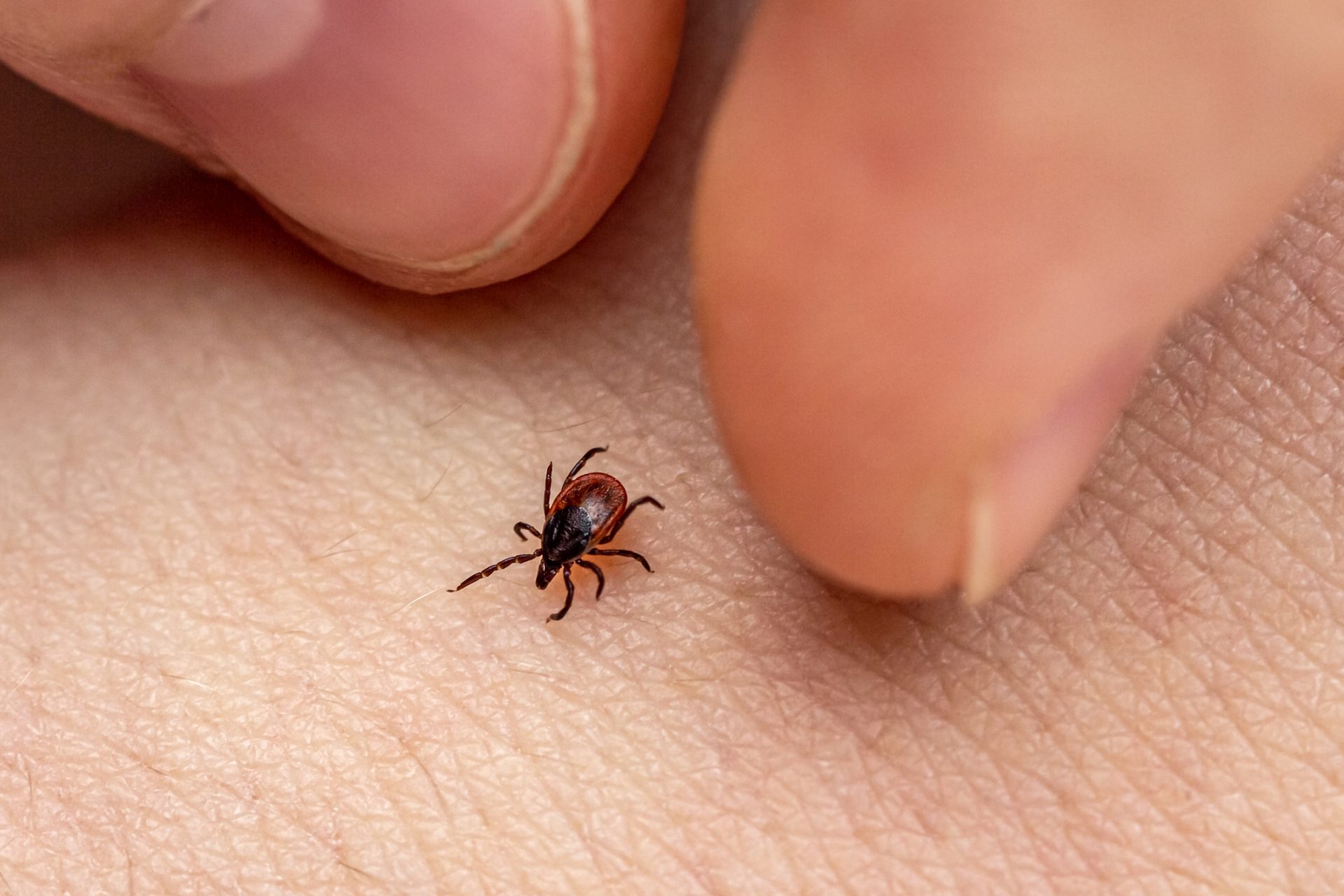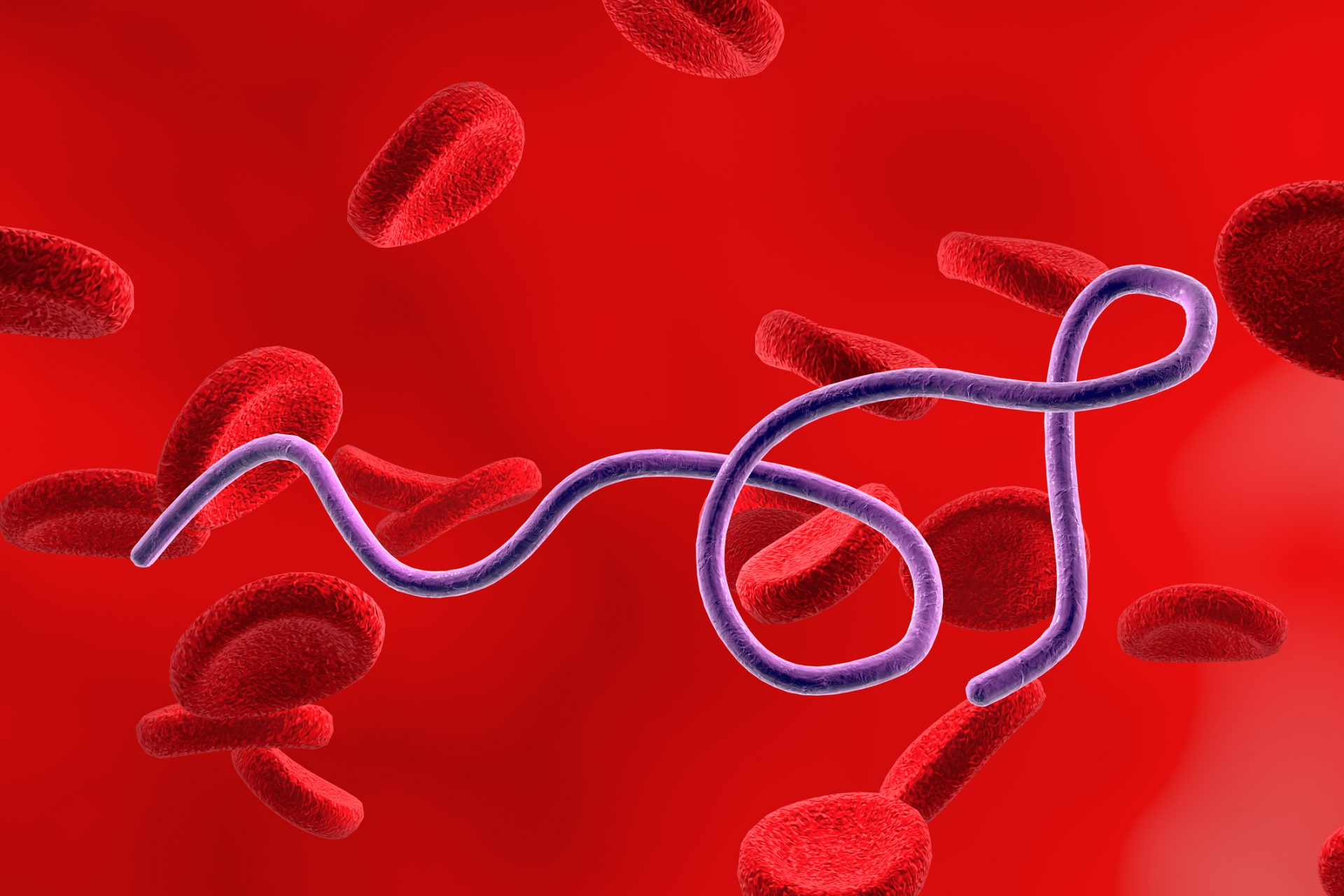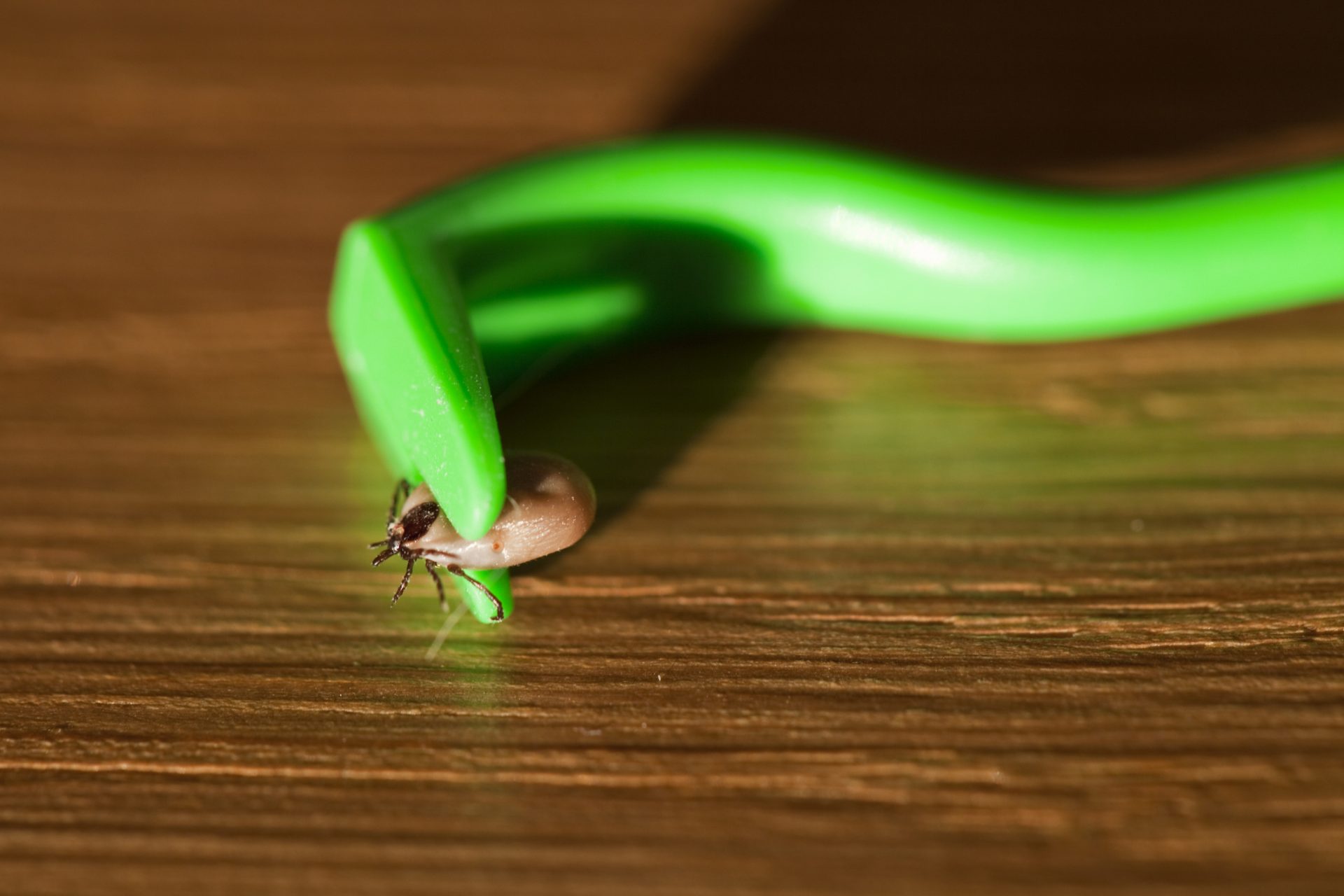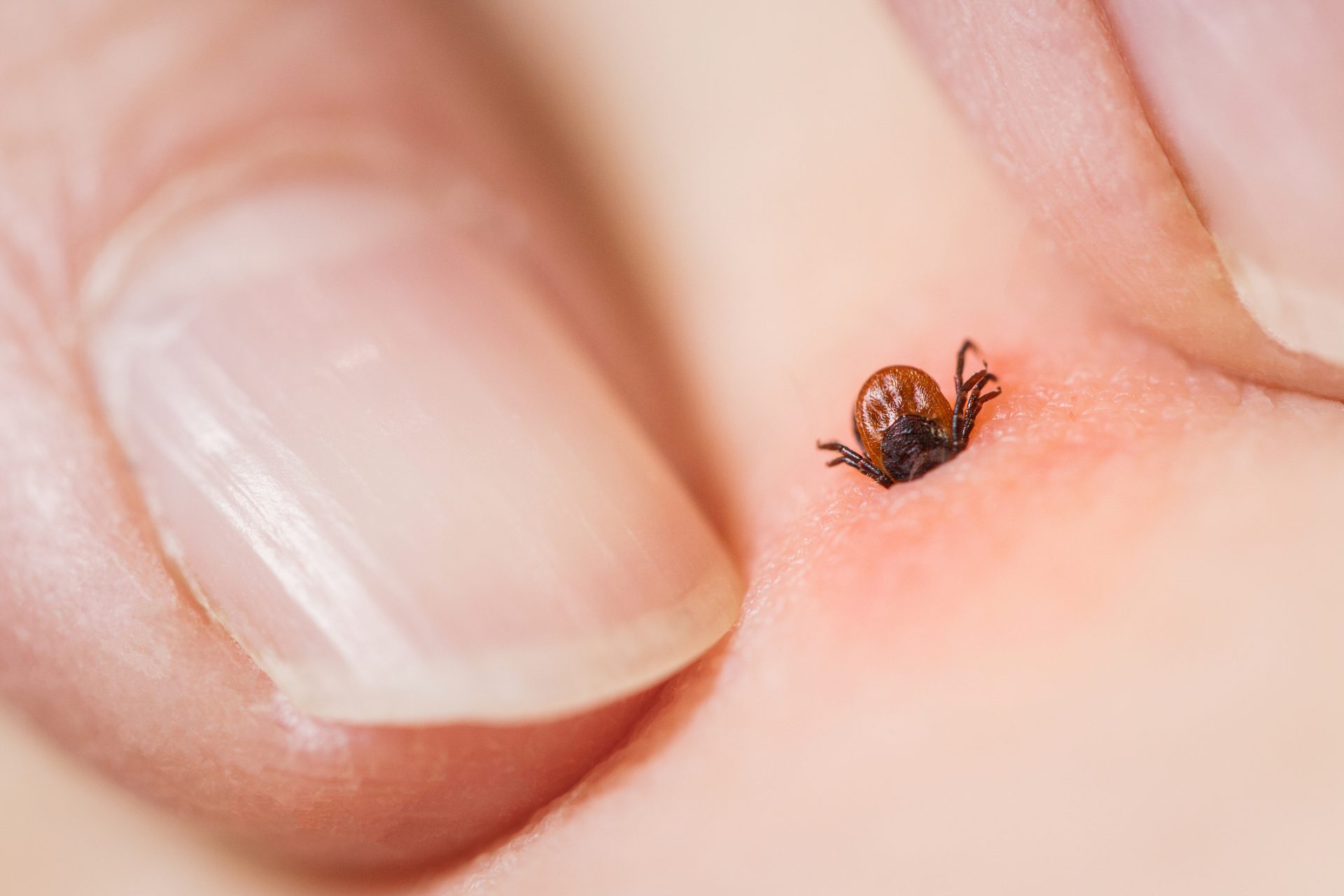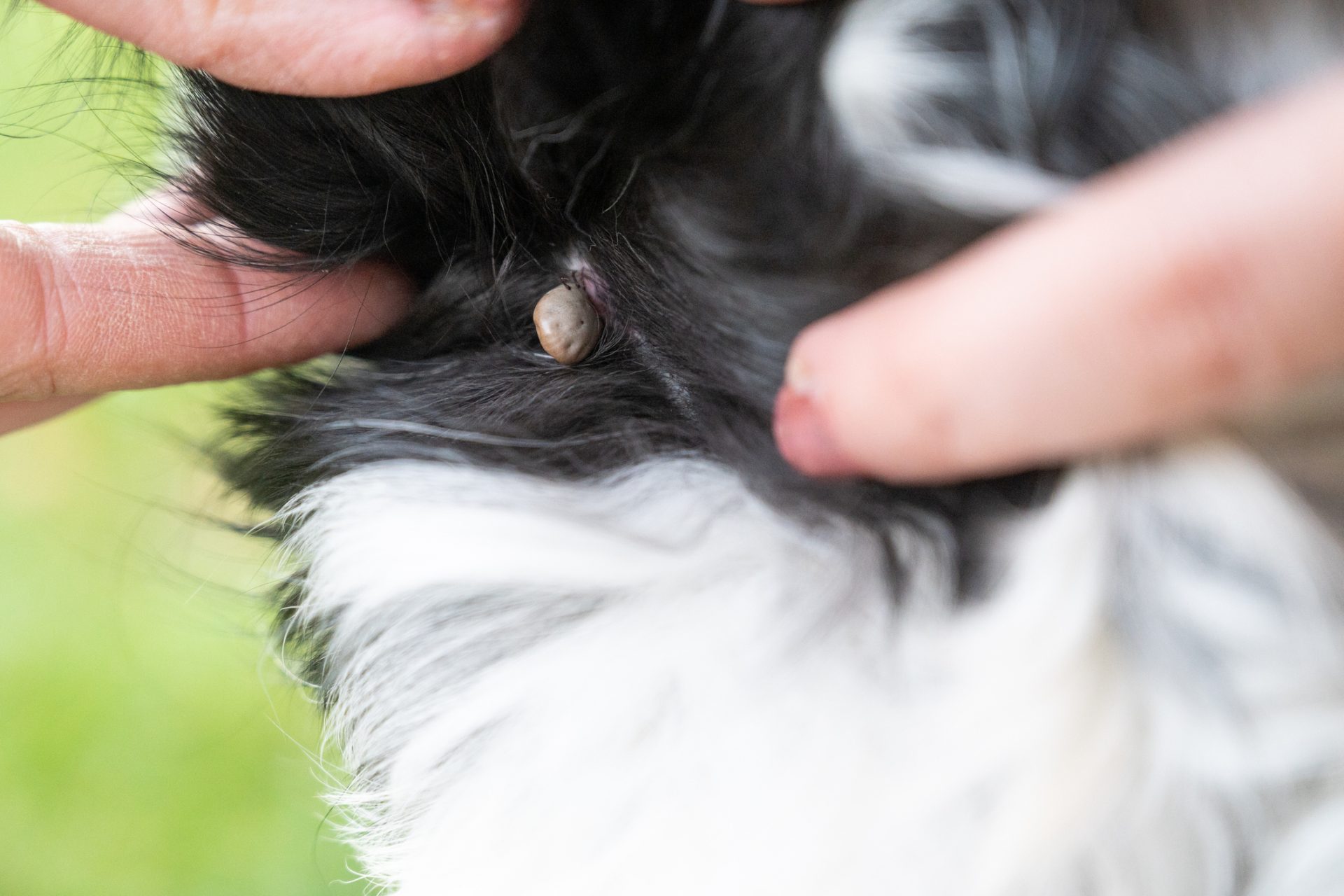A radical new Lyme disease vaccine might be the key to stopping the disease
Lyme disease has gotten a little less scary thanks to a new vaccine against the disease that could make the tick-borne illness a thing of the past. Here’s what you need to know.
Lyme disease is a vector-borne illness transmitted to humans by a bite from an infected black-legged tick carrying the bacterium Borrelia burgdorferi and rarely Borrelia mayonii.
Symptoms of the disease can include fever, headache, fatigue and a skin rash known as erythema migrans according to the Centers for Disease Control and Prevention (CDC).
When Lyme disease is left untreated it can spread to a variety of the body’s key systems and lead to issues with the joints, heart, and nervous system, all of which can be dangerous.
Most cases of Lyme disease are diagnosed based on a patient's physical symptoms but laboratory testing can also prove effective at identifying the illness if it is done correctly.
There are nearly 30,000 cases of Lyme disease reported each year in the United States according to figures from the CDC and the issue has only been growing in recent years.
According to John Hopkins University, 50% of ticks in some areas of the United States carry Lyme disease while in other places ticks number might be as low as only 1%.
It is for all of these reasons that researchers have been trying to develop a solution for the growing problem of Lyme disease and a group in France may have just figured it out.
Researchers at the National Veterinary School of Alfort, the French National Research Institute, the Czech Academy of Sciences, and the University of Guelph developed a vaccine against Lyme disease—and it works in an extremely interesting way.
The researchers discovered they could neutralize the harmful bacteria that cause Lyme disease by using a sort of “Trojan Horse” that stimulates the production of antibodies in ticks which interact with their microbiota, according to a Newsweek report.
The science behind the discovery can be a little complicated to understand but the end result is that this vaccine prevents ticks from being colonized by the bacteria that cause Lyme disease.
Mice were injected with the vaccine the researchers created and they found that when ticks bite the mice the antibodies were transferred to the ticks and they were protected from colonization by the Borrelia bacteria according to Medical Xpress.
Unfortunately, Newsweek noted that the mice still suffered from the effects of the disease, which means that the vaccine would only be an effective measure at ending the spread of the bacteria that causes Lyme disease in ticks.
"These findings suggest that Borrelia is highly sensitive to tick microbiota perturbations and that departure from the modulation induced by the pathogen in the vector microbiota pose a high cost to the spirochete," the study’s authors wrote in the paper.
Medical Xpress noted the practical implications of such a vaccine could mean livestock and pets could soon be protected against Lyme disease. Slowly but surely we may be able to combat the disease before it becomes an even bigger problem.
Researchers believe that if enough people, livestock, and pets are vaccinated then it could be possible to reduce the amount of ticks carrying Lyme disease in any given area, which in turn would protect the human population as a whole—let’s hope it's possible.
More for you
Top Stories



